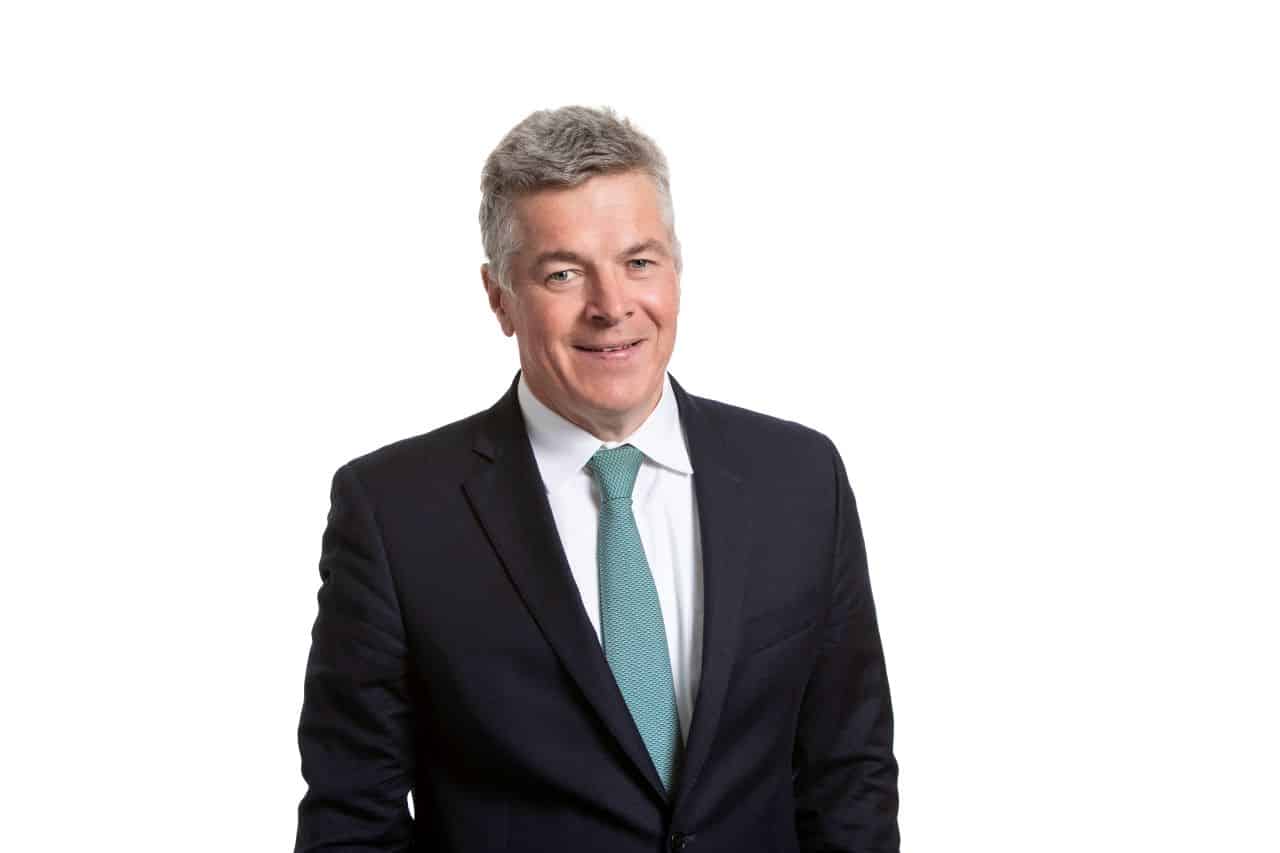What key global trends are you observing in the communications industry?
There are so many trends we could talk about. The increased velocity of business change, the increasingly uncertain world around us, recruiting and retaining employees who are exponentially more empowered than they were when I started my career, just to name a few.
How did the sale of Powerscourt and merger with Sodali & Co, set you up to navigate these changes?
Since the sale, we’re a bigger entity. We’re better set up to meet the demands and changes of the market. But that wasn’t all we wanted from the deal.
At the beginning of the process, we wrote down our key aims, so we’d be able to judge the various offers and what they meant for the business. The most important of those considerations was, would this sale mean more opportunities for our colleagues and more opportunities for our clients? And it does.
What leadership qualities do you believe are critical for success today?
The leadership skills you need today are the same you need in any business – a leader must be selfless and trust that their process will produce results and rewards for all.
They should also have a long-term vision but be prepared to be intensely tactical. It’s about looking at every possibility. They should also be prepared to absorb most of the pain or challenges that come their way. It’s your job as senior management to take that pain away from colleagues and clients. By doing that, you’re demonstrating that you’re trusting the process. You’re effectively telling your team, it’s going to be okay, because we have a strategy, we’re working hard, and we trust in that.
What future trends do you foresee regarding talent in the communications industry?
The technical skills – around understanding artificial intelligence and having a really great understanding of owned media – are going to remain absolutely crucial.
But, looking at businesses like Sodali & Co. specifically, I come back to our mission, which is to make people understand and to help solve those human dilemmas. With that in mind, good talent has to display exceptional levels of empathy.
The people who are great in our business are great communicators – that includes reading, writing, listening, talking, and shutting up when required. Those skills are still the ones that I look for in a potential colleague at any level. Of course, the overlay of technical skills and know-how is incredibly important, but the most qualified candidate without those human qualities won’t succeed with us.
What are your predictions for the communications industry over the next 18 months?
I see further consolidation, I see continuing acquisition interest, whether from private sector, private equity, or from existing PE-backed firms. I also see a future where AI is absolutely integral to what we do.
AI will become an ever-present. There’ll be a brief period in which people will offer specialisation in general AI, but I don’t think that will last. Over the next 18 months, I think we’ll see AI become integrated into every offering.


 enquiries@hansonsearch.com
enquiries@hansonsearch.com